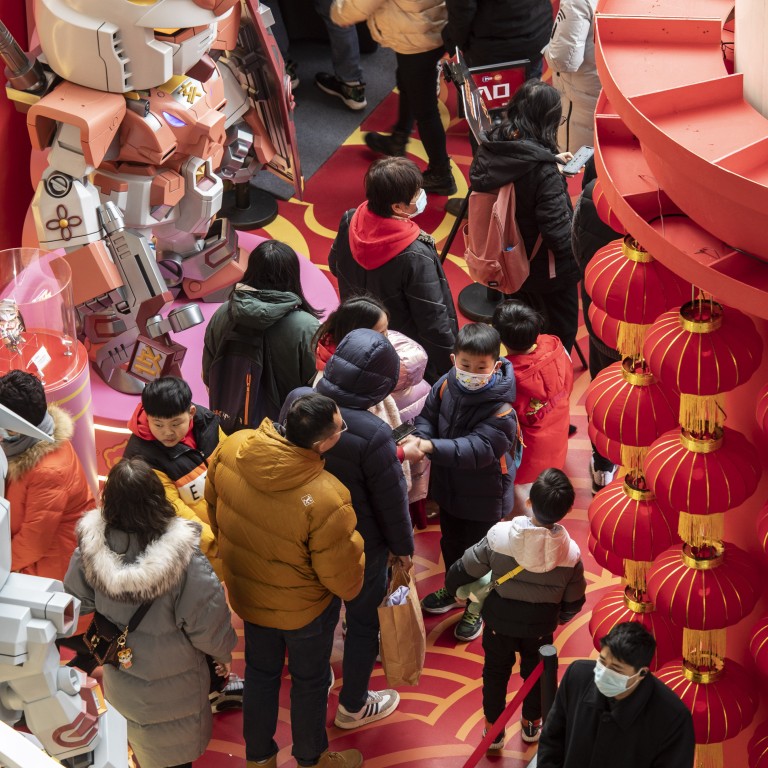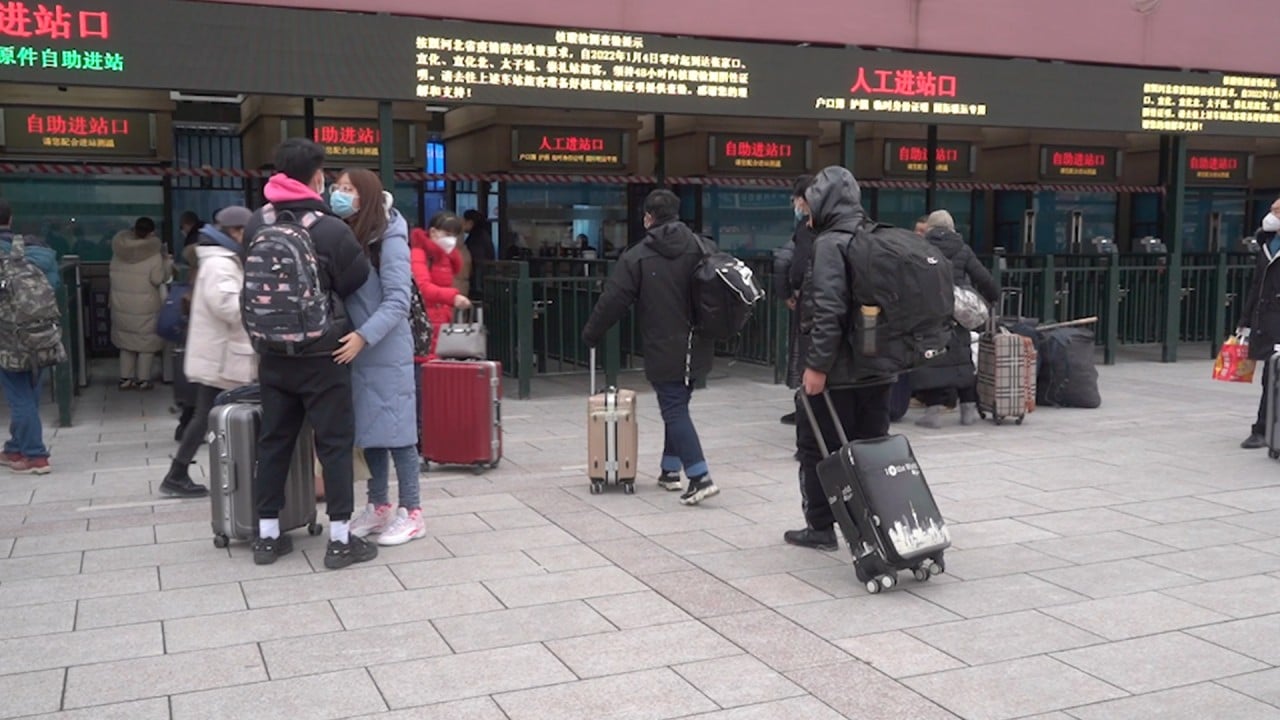
Coronavirus: China bans unauthorised lockdowns to support ‘in difficulty’ services sector
- National Development and Reform Commission (NDRC) instructs all regional authorities to not impose any unauthorised citywide or district-wide lockdowns
- It also urges local governments not to shut down or extend the closure of restaurants, supermarkets, scenic spots and cinemas without investigation or a policy basis
Local governments in China have been banned from imposing unauthorised lockdown measures, in the latest attempt to fine-tune the country’s coronavirus policies and offer a boost to the “in difficulty” services sector.
The National Development and Reform Commission (NDRC) instructed all regional authorities to not impose any citywide or district-wide lockdowns that go beyond relevant coronavirus prevention and control measures issued by the central government or cut off public transport unnecessarily or without approval.
China’s top economic planner also urged local governments not to shut down or extend the closure of restaurants, supermarkets, scenic spots and cinemas without epidemiological investigation or a policy basis.
We will resolutely avoid both the tendencies of ‘loosening prevention and control’ and ‘excessive prevention and control’
“We will resolutely avoid both the tendencies of ‘loosening prevention and control’ and ‘excessive prevention and control’,” the NDRC said.
The commission said that local governments have to obtain approval from the central authorities before taking “necessary” lockdowns or adding more control measures.
The new rules are part of efforts to adopt a further “targeted” approach in virus rules to help services activities return to normal, the NDRC added.
The moves are on top of a series of policies implemented to stop local governments from moves they had attempted to implement to disrupt travel during the Lunar New Year holiday season.
China’s once US$1.5 trillion tourism industry hit hard by Covid
“Now as things are returning to normal in the US, consumers there are witnessing a spending rotation from goods to services. By comparison, China’s services sectors are still under pressure under the current zero-Covid policy,” Larry Hu, chief China economist at Macquarie Capital, said this week.
On Friday, the NDRC also called for continued compulsory coronavirus testing in the services sector.
It also encouraged regions with the capability to grant subsidies to retail sales companies to offer free tests to their employees at regular intervals, which should not be lower than 50 per cent.
The NDRC also announced more tax incentives for the catering, retail, tourism and aviation industries.
In another document issued on Friday, the NDRC listed new measures to boost the steady industrial growth of the economy, including actions to stabilise the iron ore and chemical fertiliser markets.



